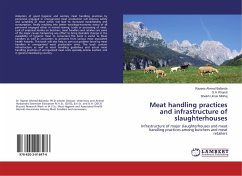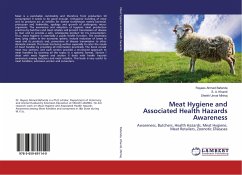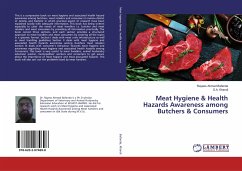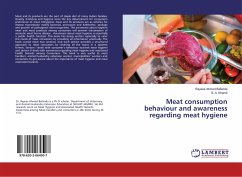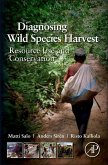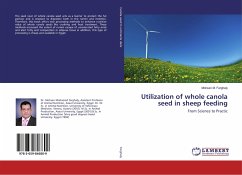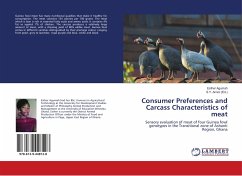Adoption of good hygienic and sanitary meat handling practices by personnel engaged in unorganized meat production will improve safety and suitability of meat which will lead to increased marketability and consumption, finally resulting into better sociology-economic status of all personnel engaged either in animal rearing, trade or processing of meat. Lack of empirical studies on butchers, meat handlers and retailers are some of the major causes hampering any effort to bring desirable change in the availability of hygienic meat to consumers This book is useful to Meat handlers as well as consumers to prevents from various meat associated health hazards. This book will also help to sort out problem faced by meat handlers in unorganized meat production units. This book contain infrastructure as well as meat handling guidelines and actual meat handling practices of unorganized meat units specially Jammu kashmir and in general developing country .
Bitte wählen Sie Ihr Anliegen aus.
Rechnungen
Retourenschein anfordern
Bestellstatus
Storno

